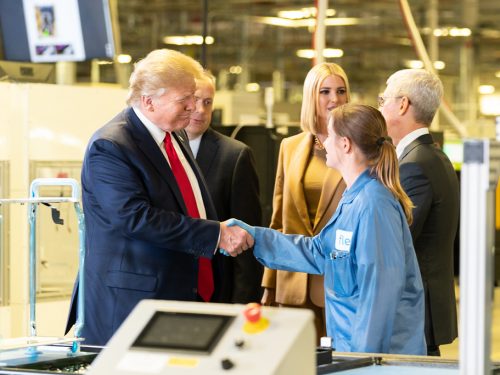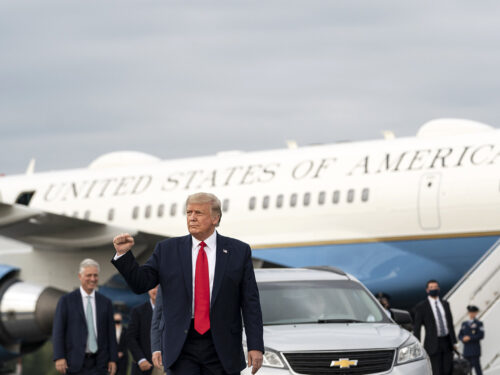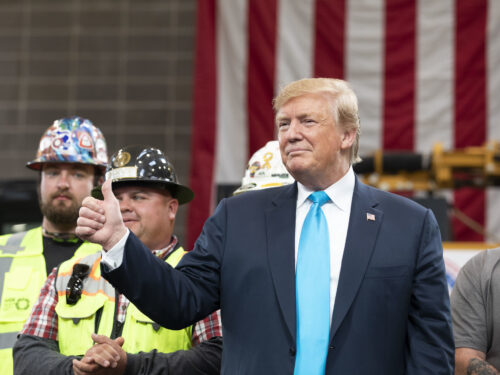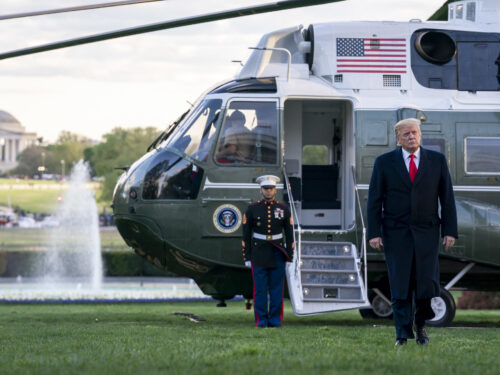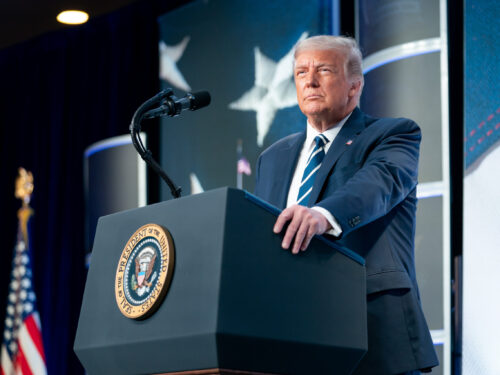The Council of Economic Advisers was established by Congress in the Employment Act of 1946. The portion of the bill that authorizes the Council is presented below:
“There is hereby created in the Executive Office of the President a Council of Economic Advisers (hereinafter called the “Council”). The Council shall be composed of three members who shall be appointed by the President, by and with the advice and consent of the Senate, and each of whom shall be a person who, as a result of his training, experience, and attainments, is exceptionally qualified to analyze and interpret economic developments, to appraise programs and activities of the Government in the light of the policy declared in section 2, and to formulate and recommend national economic policy to promote employment, production, and purchasing power under free competitive enterprise. The President shall designate one of the members of the Council as Chairman.
It shall be the duty and function of the Council–
- to assist and advise the President in the preparation of the Economic Report;
- to gather timely and authoritative information concerning economic developments and economic trends, both current and prospective, to analyze and interpret such information in the light of the policy declared in section 2 for the purpose of determining whether such developments and trends are interfering, or are likely to interfere, with the achievement of such policy, and to compile and submit to the President studies relating to such developments and trends;
- to appraise the various programs and activities of the Federal Government in the light of the policy declared in section 2 for the purpose of determining the extent to which such programs and activities are contributing, and the extent to which they are not contributing, to the achievement of such policy, and to make recommendations to the President with respect thereto;
- to develop and recommend to the President national economic policies to foster and promote free competitive enterprise, to avoid economic fluctuations or to diminish the effects thereof, and to maintain employment, production, and purchasing power;
- to make and furnish such studies, reports thereon, and recommendations with respect to matters of Federal economic policy and legislation as the President may request.”

